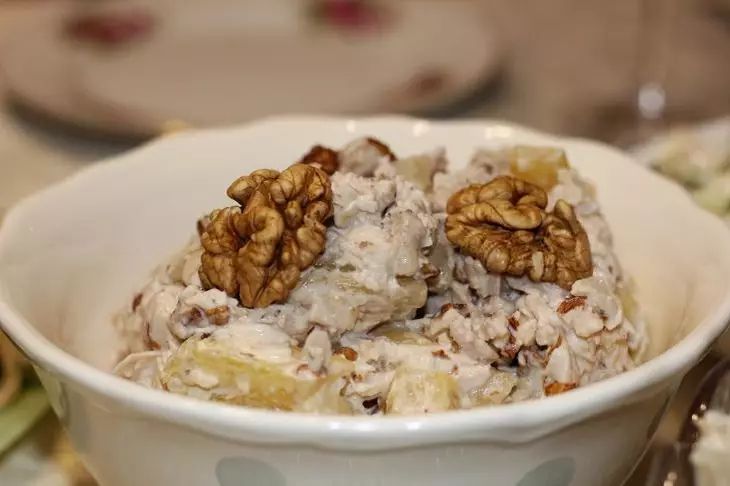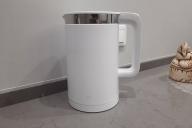Atherosclerosis is a serious chronic disease.
After all, one of the main reasons for the formation of atherosclerotic plaques, i.e. cholesterol deposits, is nutrition. What foods should be included in the diet to improve the cleansing of the arteries?
What is atherosclerosis
Atherosclerosis is a vascular disease that narrows the lumen. As a result of the formation of fatty plaques, blood flow is impeded, which carries the risk of organ hypoxia and further complications.
What are arteries?
An artery is a large blood vessel with an impenetrable wall. The main function of arteries is to carry blood from the heart to and from various organs. You can think of them as flexible tubes that carry oxygen-rich blood directly from the heart to the brain and to all other parts of the body.
It will hardly surprise anyone that a diet rich in fatty meat and other animal products influences the increase in cholesterol levels and the deposition of atherosclerotic plaques. The best medicine is, of course, plant products.

Let's take a closer look at all ten.
1. Oatmeal
Oat flakes are an extremely valuable source of crude plant fiber, i.e. fiber that actively participates in metabolic processes, not to mention fat metabolism. By inhibiting the absorption of cholesterol from food products, fiber reduces its concentration in the blood. Oat flakes are also a treasure trove of beta-glucans, i.e. compounds that, like fiber, reduce cholesterol levels in the blood.
2. Flaxseed
Flax seeds are rich in plant fiber. In addition to raw plant fiber, this product is a source of natural statins, i.e. substances that reduce the level of "bad" cholesterol (LDL fraction). Flax seeds should be a regular part of the diet of people with high cholesterol in the blood - it assimilates it perfectly and improves its elimination from the body.
3. Cocoa
Cocoa is a treasure trove of antioxidants, which, by preventing the oxidation of cholesterol, reduce the risk of atherosclerotic plaque formation.
4. Garlic
Garlic's "superpower" comes from an ingredient in its composition with a mysterious-sounding name. We are talking about an amino acid responsible for the characteristic smell, called allicin. In addition to a number of other health benefits, garlic effectively reduces triglyceride levels and, by preventing inflammation, protects blood vessels. It is important to have it in the diet regularly, but in small quantities.
5. Onion
With regular use, onions have a beneficial effect on the elasticity of blood vessels. Due to the content of quercetin, onions help cleanse arteries.
6. Artichokes
Cynarin, which is contained in artichokes, has a choleretic effect, improving the digestion of fats, including cholesterol. The more bile the liver produces, the more cholesterol it will use, so its concentration in the blood will decrease.
7. Rosehip, sea buckthorn, black currant
Fruits with the highest vitamin C content should find a permanent place in the diet of people suffering from atherosclerosis. As is known, vitamin C is a powerful antioxidant that seals the walls of arteries and prevents the formation of cholesterol plaques.
8. Cold-pressed rapeseed oil and black cumin oil
Both plant fats are a source of omega-3 and omega-6 fatty acids, which have anti-inflammatory properties.
9. Spinach
Green spinach leaves are a valuable source of three antioxidants: chlorophyll, vitamins C and A, which prevent the oxidation of cholesterol and protect against the development of atherosclerosis.
10. Herring
This fatty sea fish is extremely high in the most healthy type of fat – omega-3 fatty acids. The presence of herring in the diet means a lower risk of inflammation and platelet aggregation.








